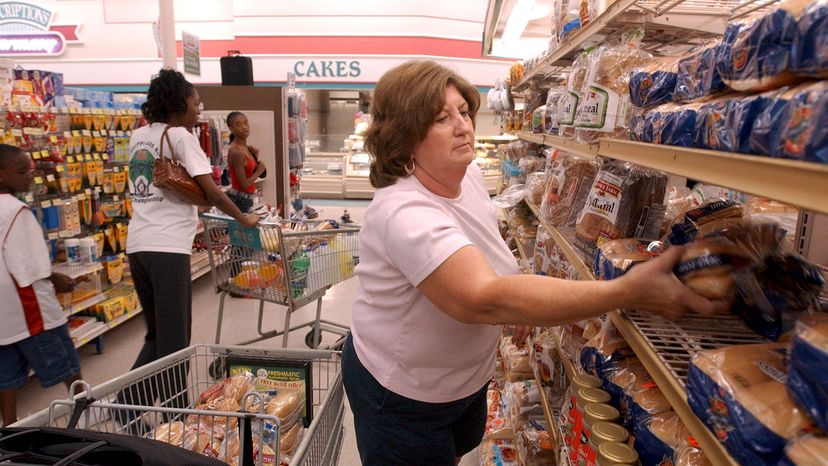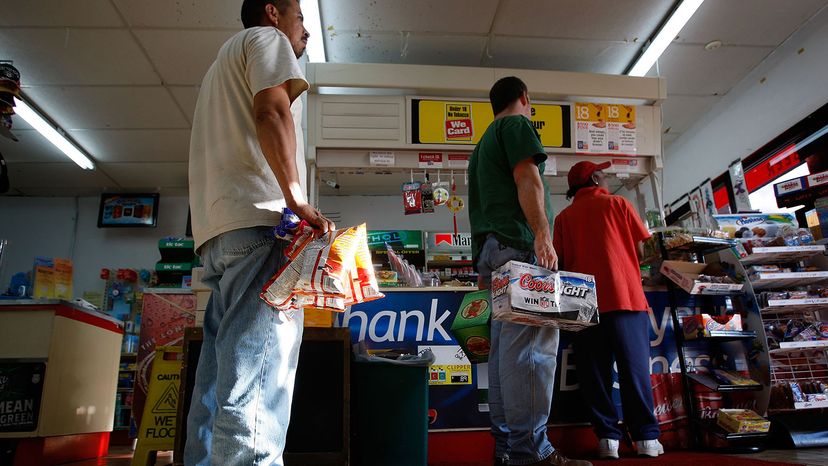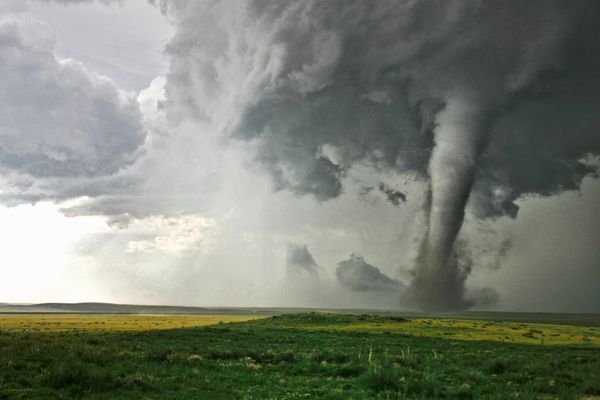
During World War II, when food rationing became commonplace for U.S. civilians, there was always a 10-pound sack of sugar hidden at the back of my grandmother's clothes closet. She never divulged her reason for keeping it there, but her children always suspected she was afraid her stockpile would be discovered, which was a very real (although not entirely rational) fear.
The relationship between humans and food is seldom uncomplicated, and it doesn't always follow common sense -- especially when there's a storm on the horizon. Stopping by the grocery store to stock up on food is Storm Survival 101 for many people, and most of us have seen evidence of it: Shelves bare of staples like bread and milk. Although a shortage of these items, in general, is a rare occurrence in the U.S., it can happen when a superstorm is in the forecast and local authorities advise constituents to buy extra supplies before the storm hits. Of course, on many levels this makes sense. If you're homebound because of the weather, you'll need something to eat when you don't have access to restaurant meals or local markets.
Advertisement
At issue, however, is a seemingly unavoidable urge to stock up on perishable items before a storm hits. If you're buying multiples of milk, yet fully expect your electricity to go out, there's probably an emotional rather than practical motivation at work.
And that's not the only conundrum people encounter when stocking up on milk, bread and other perishable items before a storm hits: They simply buy too much of a good thing. The universal truth about perishable items is that they have an expiration date. And if you buy them in abundance, you may not be able to consume them all before they expire. Most perishables, like milk and bread, will only last about a week. The same is true for some fresh fruits and vegetables. So if you're expecting to be homebound because of a storm for only a few days, why buy so much food that's sure to go bad?
Advertisement


